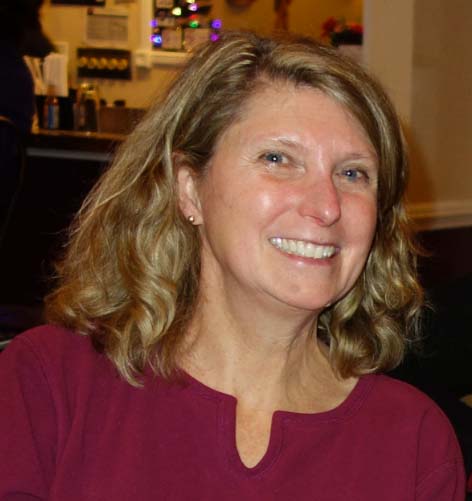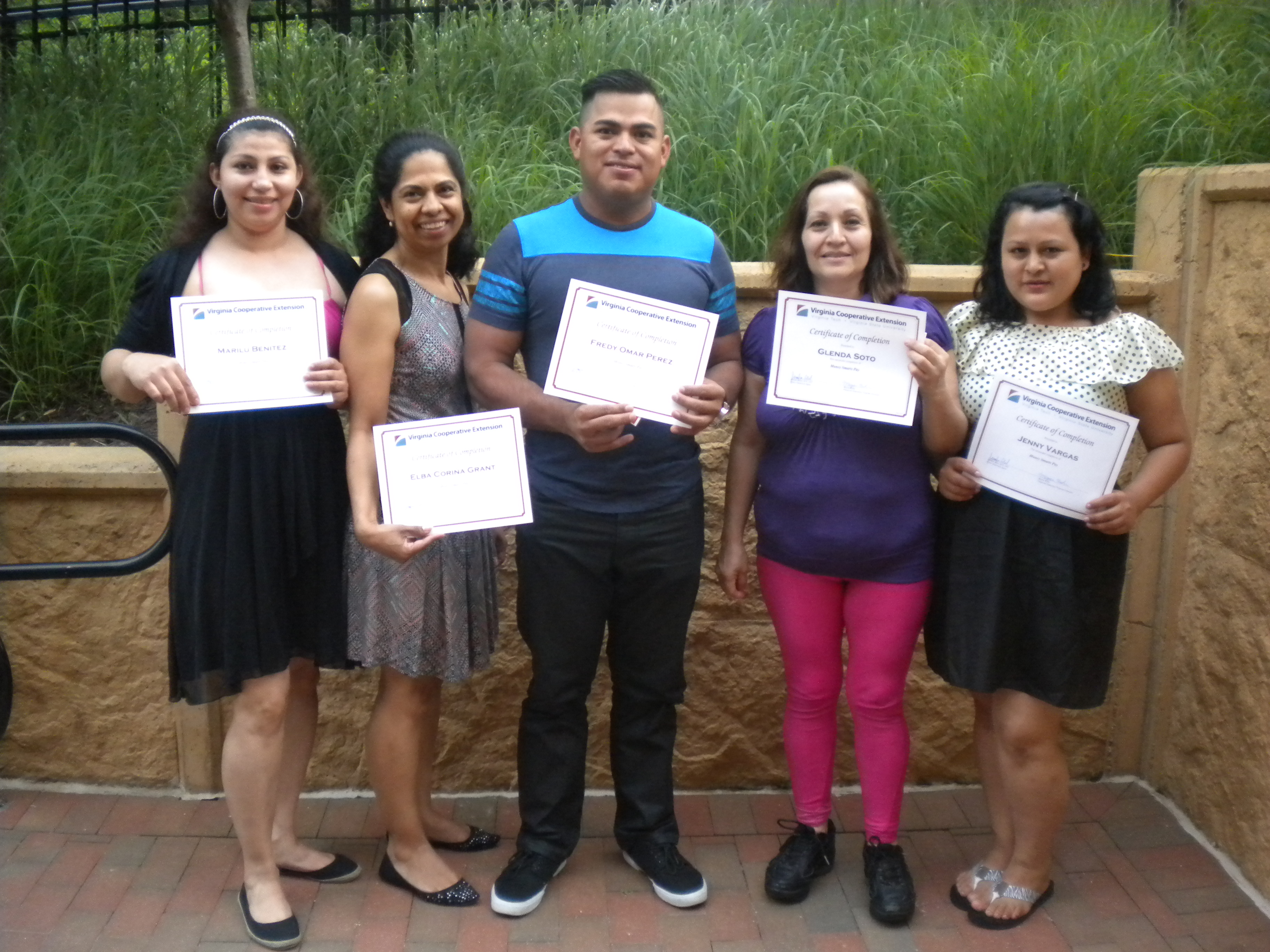Our volunteers rock. Want proof? Meet Jackie Rivas.
Name: Jackie Rivas
Lives: Arlington
Works: Staff Accountant at the U.S. Securities & Exchange Commission
Master Financial Education Volunteer Since: 2011
Q: What do you like to do for fun?
A: I like to run on the bike path and ride bicycles.
I like to go to the movies. The Mexican movie “Paradise” was very cute. It is about an overweight couple. She stumbles on a diet center, and she gets her husband on a diet too. He starts to lose weight and she doesn’t. It was a nice insight into normal people.
Q: What is your favorite thing to save for?
A: My favorite thing to save for is to travel. My last exotic trip was Cambodia. I went to the Temple of Angkor Wat and took a cooking class in Siem Reap.
In Phnom Penh we spent a day at a bear rescue center. There is a popular dish called bear paw soup. This place will buy bears from restaurants to save them.
We also went to an elephant rescue center. If you go to Asia, do not ride elephants. It’s really hard on the elephant. It hurts their backs.
Q: Which do you enjoy most about being a Master Financial Education Volunteer?
A: Learning from the participants. I taught at Greenbrier Learning Center, and there was a woman who has implemented all the strategies we’ve been teaching.
She qualifies for food from Arlington Food Assistance Center, but she is determined to save $200 a month. I work with people who don’t save that much who make a lot more than she does.
When she doesn’t reach her goal, she looks for things she can cut. If she needs to cut cable, Internet or Starbucks, she does. This is someone who is highly motivated. It is amazing what people can do with limited resources.
Q: What else have you learned from teaching classes?
A: Some people have had bad experiences with banks in other countries. You need to talk about how banking in the U.S. is different from what they may have experienced elsewhere. U.S. banking is insured by the federal government. There are rules and regulations that protect the depositor.
It’s fairly prevalent in Mexico and Central America countries that if people don’t have access to banks and borrowing, they get a group and they all put money into a pot and lend it to someone.
They take turns borrowing the money and paying it back. It requires a lot of trust. I’ve found it very educational to work with these people and learn about their creative ways to meet their needs.


